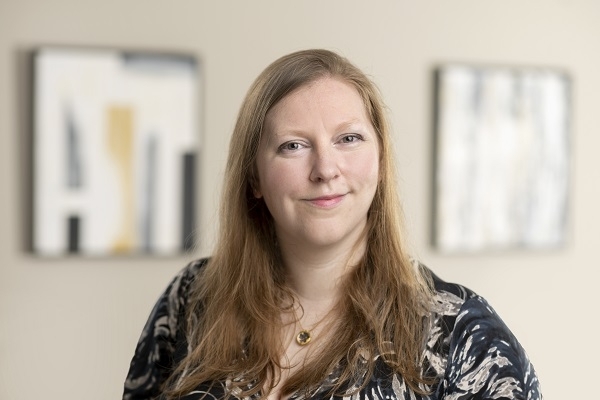Mon 23rd Jan 2023
Startup IP guide #3: What do I do with my patent?
Services: IP strategy, Obtaining a patent, Patent application drafting and filing, Start up or scale up
Sectors: AI and data science, Chemistry, Cleantech and renewables, Electronics and telecoms, Fashion, Finance and insurance, Food and drink, Life sciences and health, Materials science, Mechanical engineering, Software patents
Congratulations, your patent has been granted! Now what?
When you have a granted patent that is in force, you have the benefit of protection for your invention as a patent holder can prevent others from commercially utilising the invention without their permission.
However, merely holding a granted patent does not necessarily give you the right to use or exploit the patented invention: This right may be affected by other laws, such as health and safety regulations (e.g., in relation to food, drugs, etc.), and patent rights (and other rights) of others.
How long does my patent last?
A granted patent can normally be kept in force for up to 20 years from the filing date of the patent application by paying renewal fees, often annually.
Some countries/jurisdictions will also charge annual renewal fees for pending patent applications (i.e., before a patent is granted).
Can my patent help me generate revenues for my invention?
Yes, it can! You can license your patent to other companies, as well as use your patent to attract investors. Patents can also be sold.
It is important to note that while patent applications may also be licensed and used to attract investors, a pending patent application cannot be enforced through the courts to stop anyone from copying the invention described by your claims. A granted patent is therefore a valuable tool in helping to maintain your position in the marketplace.
What should I do if I think someone is using my invention without my permission?
You will be able to use your granted patent to stop anyone else from making, using, and/or selling the invention that is covered by your granted patent claims and/or to obtain a licensing fee from them. The unauthorised users are often referred to as ‘potential infringers’.
To start this process, we recommend contacting a patent attorney (typically the one who helped file your patent application) to obtain an opinion on whether any particular activity is covered by your claims.
If the opinion indicates that the particular activity is covered, the patent attorney can guide you through communicating the potential infringer to request that they stop or to initiate licensing discussions. It is important that these communications have a particular form in order to avoid certain legal complications (e.g., groundless threats of infringement) and to not give any tactical advantage to the potential infringer.
How we can help
Our patent attorneys can guide you through the patent application process, which is different for each patent office. We provide a free initial consultation of up to 30 minutes for start ups interested in using our services to protect their patents, designs and trade marks. All discussions will remain confidential.
Click here to arrange your initial consultation at our IP clinic.
This briefing is for general information purposes only and should not be used as a substitute for legal advice relating to your particular circumstances. We can discuss specific issues and facts on an individual basis. Please note that the law may have changed since the day this was first published in November 2022.


